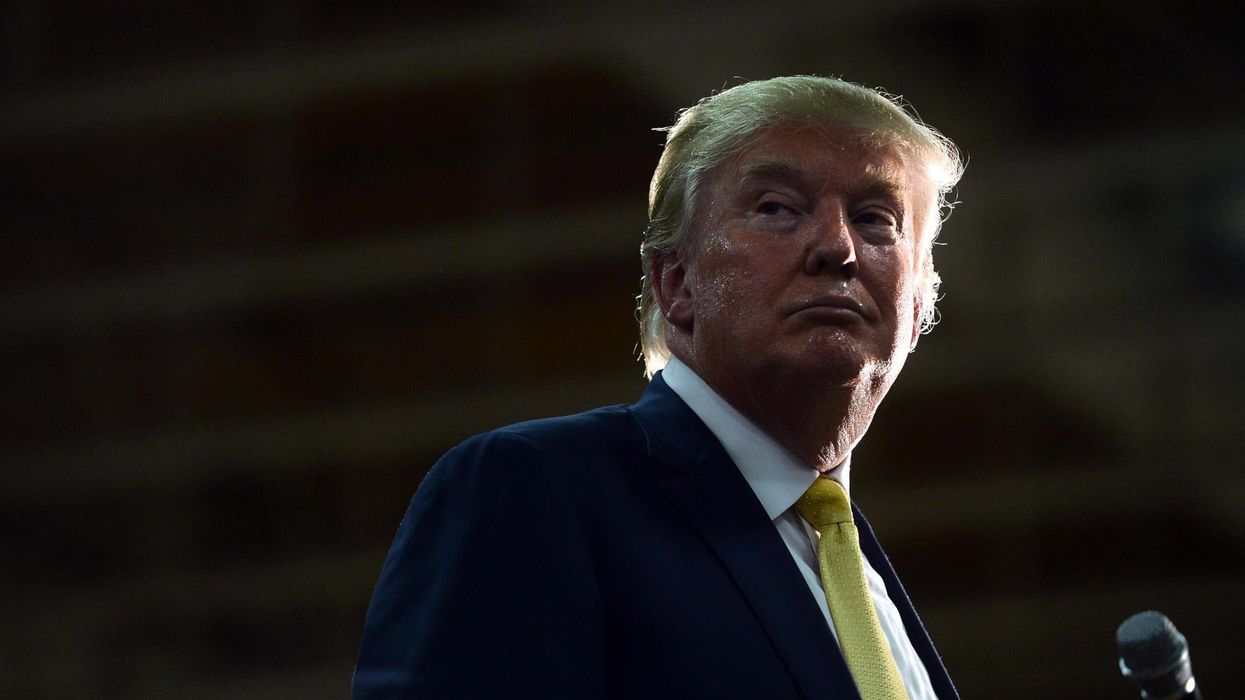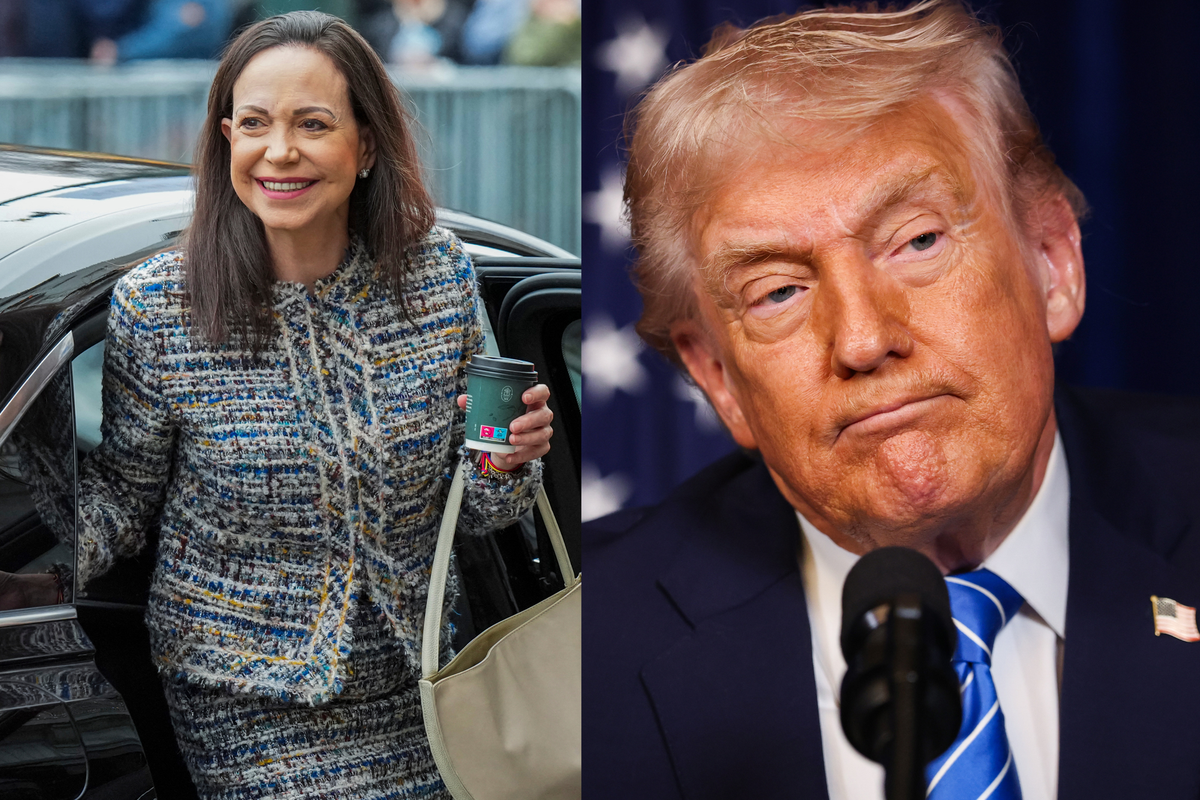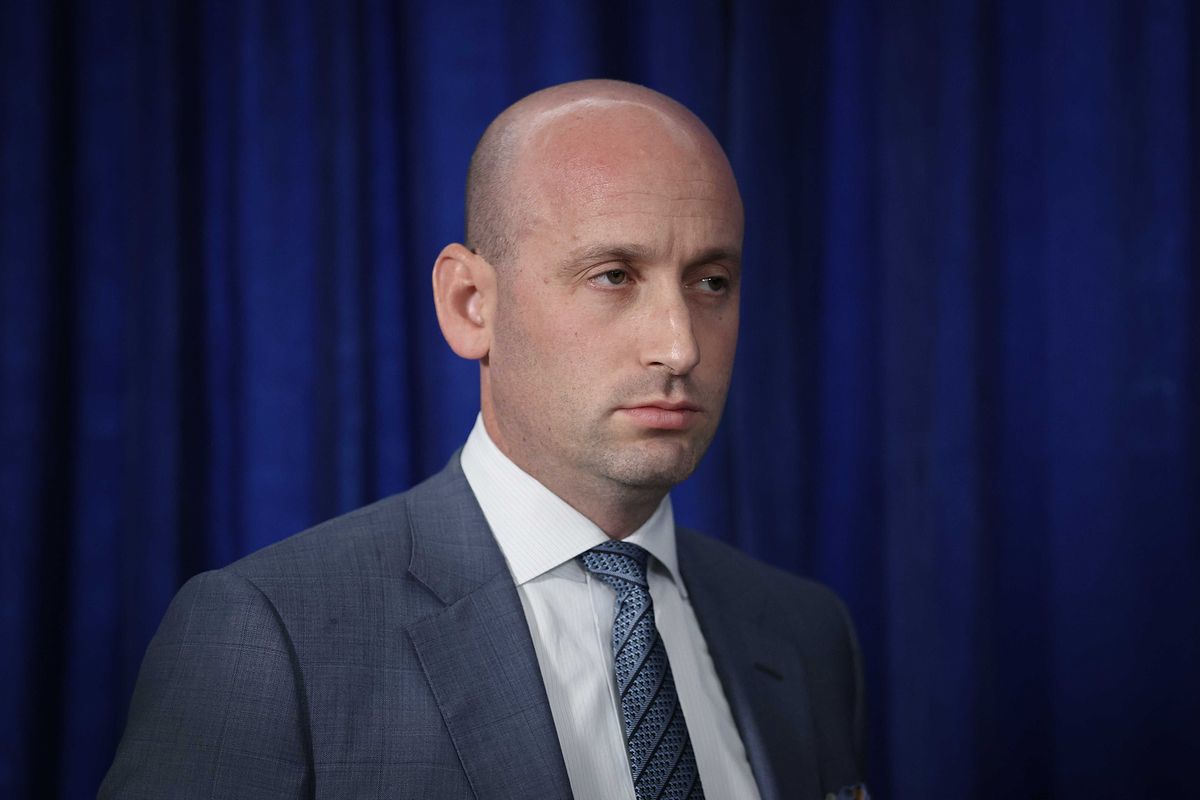Louis Dor
Apr 10, 2017

Picture:
Darren McCollester/Getty Images
On the afternoon of Thursday 6 April, Donald Trump ordered the USS Porter and USS Ross to fire 59 Tomahawk Cruise missiles into the Sharyat airfield in western Homs, Syria.
The President announced from his Mar-a-Lago estate:
Tonight, I ordered a targeted military strike on the air base in Syria from where the chemical attack was launched.
It is in this vital national security interest of the United States to prevent and deter the spread and use of deadly chemical weapons.
The unforeseen act stimulated debate on the president among the political commentariat, as some liberal writers saw value in the interventionist policy.
Senator John McCain, a Trump critic, said he was encouraged by the strikes:
He now has the opportunity to reboot with the American people, at least where national security is concerned.
I think he will see that the American people will probably approve of this.
The New York Times ran an column which suggested the action could change the course of an administration they hitherto scathingly criticised.
CNN commentator Fareed Zakaria said in response to the bombings:
I think Donald Trump became President of the United States.
Others criticised the act as warmongering, and a set piece to dissuade the public from thinking he's a Russian puppet.
Trump of course tweeted about the attack, to a heap of criticism:
Setting aside the diplomatic ramifications for the act, it seems to have gained little political capital for the Trump Presidency.
Interestingly, his daily approval rating from Gallup plateau'd over 6, 7 and 8 April.
You have to factor in a delay for the public to process the news, but it seems that early indications suggest that it's had no effect on the way he's perceived by the public.
He's very, very far behind Barack Obama still.
More from the Independent: Donald Trump's air strikes on Syria are largely symbolic - but symbolic actions have consequences
Top 100
The Conversation (0)













